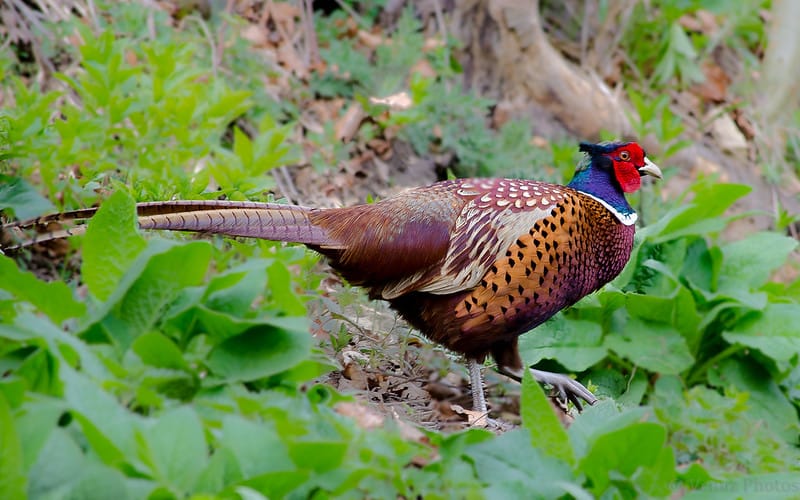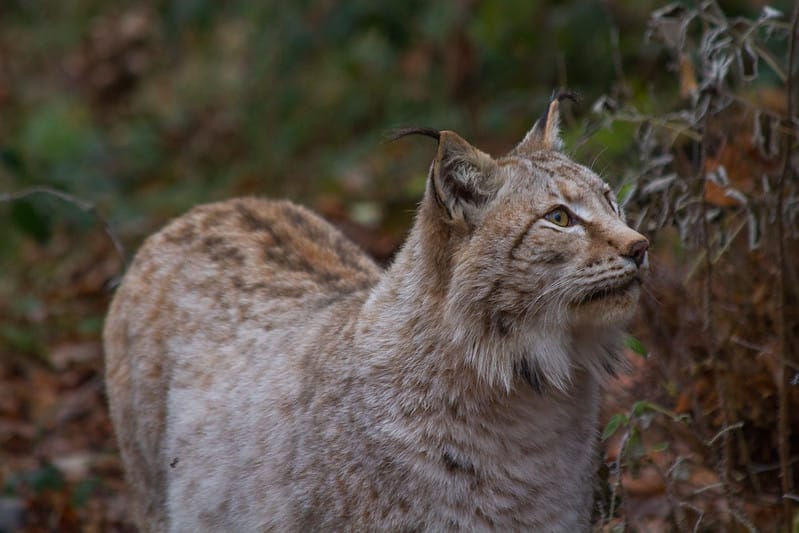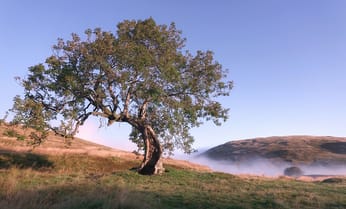
Does Extinction Rebellion care about nature?
Ecological collapse has played second fiddle to the climate crisis. Is that changing?
Earlier this year, Extinction Rebellion (XR) activists dug up the lawn of Trinity College, Cambridge.
Civil disobedience is at the heart of XR’s strategy: provoking outrage in the name of systemic change. But the attack on the college’s manicured quad raised hackles in once-sympathetic circles.
While chemically-treated monoculture lawns provide little ecological value, naturalists pointed out that lawns at Trinity were hundreds of years old, and were likely to host a rich variety of plantlife and fungi. Others highlighted the value of the undisturbed soil as a store of carbon, and questioned the wisdom of destroying the greenery in pursuit of environmental progress.
The incident neatly encapsulated one of the tensions at the heart of XR (and, it should be said, there are many). The group ostensibly wants the government to tackle both the climate and ecological emergencies. Yet it is climate change that has taken centre stage.

No one is arguing that XR should reduce its focus on cutting greenhouse gases, but rather that it should do more to join the dots between climate change and the health of the ecosystem.
“They really can’t be addressed in isolation,” says Charlie Gardner, a lecturer in conservation science at the University of Kent. “We will not be able to conserve species and save ecosystems without addressing climate. And we can’t address climate without conservation, because so much carbon is stored within functioning ecosystems.”
Gardner has publicly aligned himself with the XR movement. He recalls his excitement when he discovered the campaign; finally, people were taking to the streets for nature. But he soon noticed the “conspicuous silence” of conservationists and became concerned that the natural world was playing second fiddle to the climate emergency. “The discourse is imbalanced,” he wrote in the journal Nature Communications.
But there are signs that XR is ready to sound the alarm on nature. The group helped to write the Climate And Ecological Emergency Bill, which will be introduced in the Commons today by Green Party MP Caroline Lucas. If passed, it will bind the government to “actively restoring” the “variety, abundance and health” of the UK’s ecosystems, and compel the Committee on Climate Change to evaluate the health of the natural environment. The Conservative backlash to the bill has already begun.
In targeting the government directly, both through legislation and civil disobedience, Gardner (who advised on the bill) believes that XR could succeed where traditional conservation groups have failed.
“The conventional campaigning model is limited and it demonstrably has not brought about the radical change that we need. I love the RSPB, the Wildlife Trusts and those kinds of organisations, but they’ve been lobbying governments for decades and the biodiversity crisis in this country is still getting worse. They haven’t had any impact at all on the drivers of biodiversity loss,” he says.
“The assumption they work from is false: that if we politely give government information and politely make requests, that they will act in the best interests of this country. That’s not happening. I don’t have absolute faith that civil disobedience is going to work either, but it has been powerful in the past, and we have to try.”
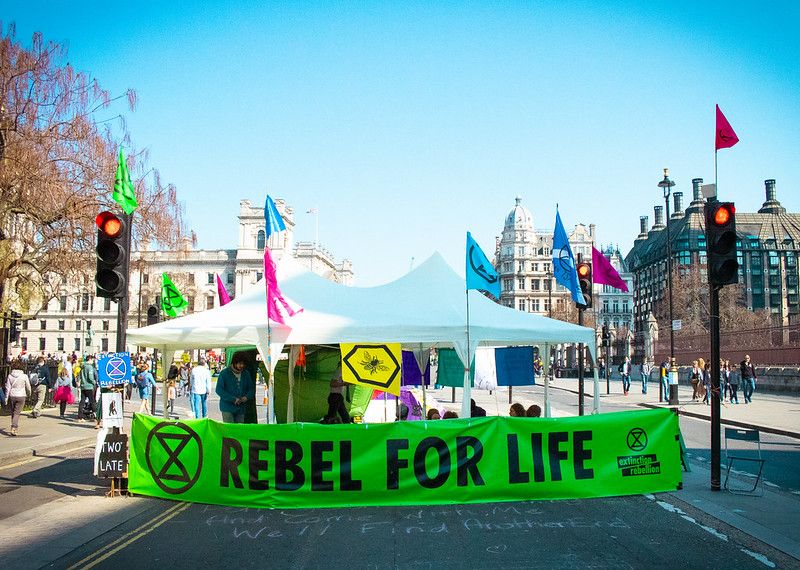
Extinction Rebellion has always had a decentralised structure, which has allowed various communities to flourish. There are Facebook groups dedicated to beekeeping, permaculture, tree guardians and rewilding, each providing a place for regular and in-depth discussions of the natural world beneath the XR umbrella. While nature may have taken a backseat in the group’s mainstream protests, for these enthusiasts it is a priority.
Take XR’s rewilding group. Where rewilding proponents have, to date, focused mainly on ambitious projects like Knepp, where nature reigns across thousands of acres, XR Rewilding has become a place for people to discuss small-scale projects that can take place on an individual or community level: protecting a grove of native trees, for instance, or allowing the patch of land surrounding a village hall to grow wild.
This has helped to democratise an approach to conservation that would otherwise be the preserve of large landowners – and could help the rewilding movement to win back the rural communities that it has alienated, suggests James Murray-White, who founded the group.
“We’re never going to have the clout of Rewilding Britain. Yet their big project in Wales failed because they weren’t on the ground engaging,” he says. “It’s an appalling fallacy and an arrogant approach. I’m not a big fan of sheep, but I don’t think we should go in overnight and just take them all off the land – these are people with local economies and livelihoods. We aren’t going to solve the ecological crisis by causing tensions and confrontations.”
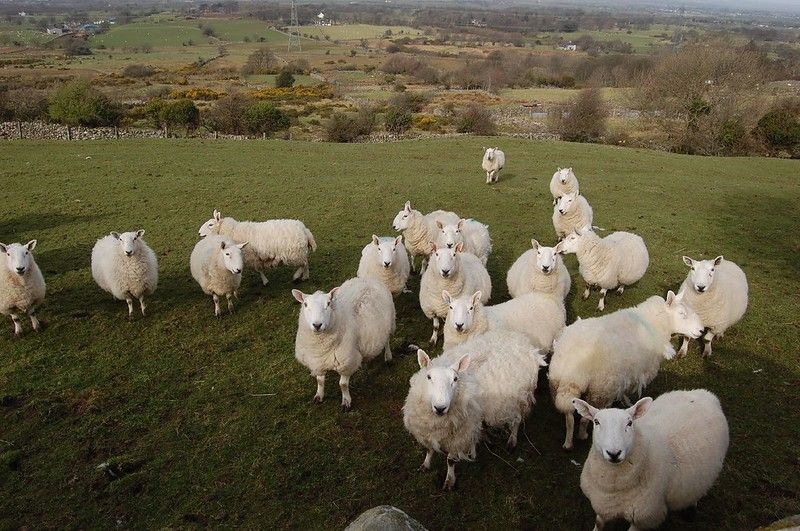
Some of the projects discussed within XR’s rewilding group stretch the definition of the term. (The ambiguity around the concept has been an issue for the rewilding movement more generally.) Yet what underlines the XR approach is the idea that rewilding is also a personal and political issue; its founders argue that rewilding can help to restore human connections to nature that were lost alongside the public’s access to common land.
“A lot of what I’m trying to do is join the dots between our disconnection from nature and the enclosure of land in the past. People had no way to feed themselves and ended up moving into cities. That trauma just continues,” says Bell Selkie, who runs the group alongside Murray-White and has been personally rewilding a 40-acre plot of land in Wales for the last two decades.
“Rewilding is something that happens inside ourselves. It’s something that happens as soon as we start to know the names of the weeds outside our front door. It happens when you start to know our reciprocity with them – how they help us and we help them.”
Nature may have played second fiddle in XR’s strategy so far – yet, in highlighting it at all, it has already done more than most climate campaigns. The natural world has shot up the agenda during the pandemic. For a group that walks upon a tightrope of public goodwill, there has never been a better time to advocate for the weeds.
Image credits: Jenna Post, Derek Law, Alexander Savin, Christopher Jones
Subscribe to our newsletter
Members receive our premium weekly digest of nature news from across Britain.
Comments
Sign in or become a Inkcap Journal member to join the conversation.
Just enter your email below to get a log in link.


